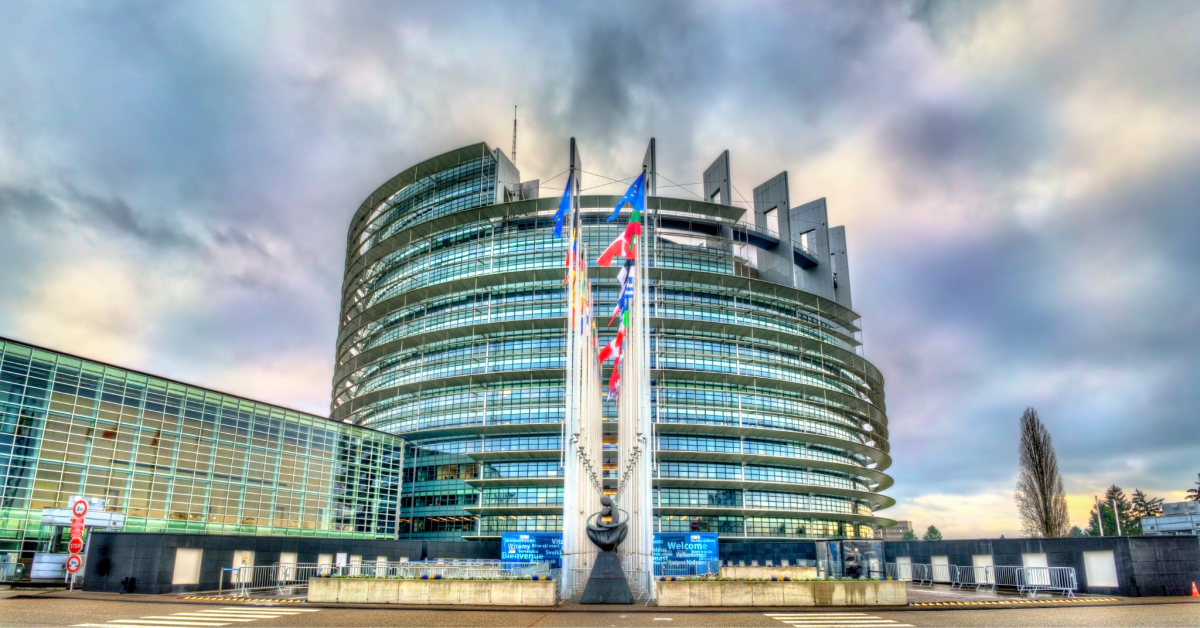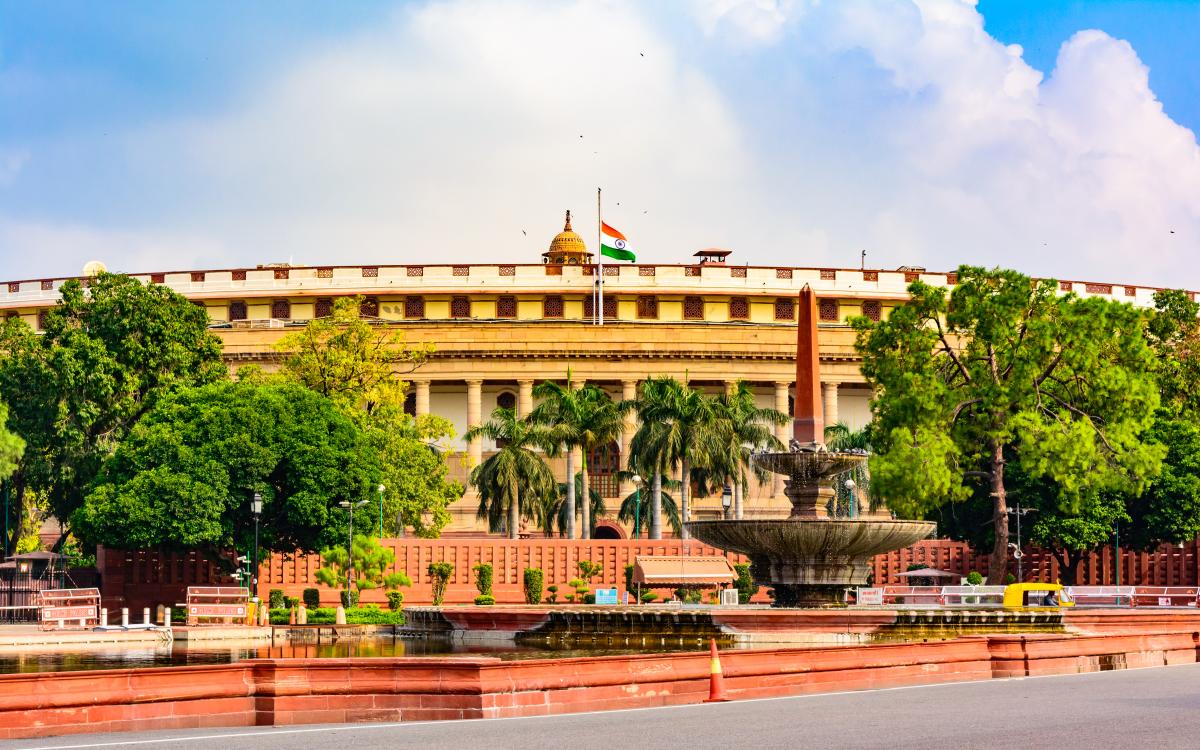Liberal Democrat Manifesto: Policies to reassure the Blue Wall
At a Glance
The Liberal Democrats’ perennial struggle in election campaigns is for attention. The manifesto launch is the one day when they can briefly lead the news and get the chance to set out their vision. Today was the opportunity for the party to explain the policy thinking that sits behind the media friendly stunts of the campaign so far. This note sets out what the party is trying to say to voters and what it tells us about their strategy.
Health and social care is central
The NHS—the UK’s publicly funded healthcare system—and social care is at the center of the Liberal Democrat manifesto. It includes what the party says is the most ambitious health and social care package, amounting to GBP 8.4 billion, of all the main parties. The package would fund the right to see a general practitioner (GP) within seven days, 8,000 more GPs, and a guarantee to start treatment for cancer within 62 days. On social care, the party will introduce free personal care based on the model that they introduced in Scotland. The policy would be funded in part by a new set of capital gains tax bands which would be targeted at the better off. As well as being grounded in hard spending commitments, the policy also is framed in party leader Ed Davey’s own personal experience of caring for his disabled son and mother, a narrative which was the focus of the party’s first political broadcast.
Caution or responsibility
This is not a manifesto for radicalism. The party has made great play of the fact that its commitments are fully costed and has provided a detailed accompanying costings document. This shows that the overall expenditure and tax changes are far less substantial compared to the party’s previous 2019 document. The changes the party proposes amount to just under GBP 32 billion whereas the 2019 manifesto made spending commitments of more than double this amount and with significantly more investment expenditure. This is not a manifesto that will dramatically change the nature of the state.
Ed Davey would describe this approach as “responsible” rather than cautious. In eschewing any hint of the usual dose of Lib Dem radicalism, Davey is making his party’s strategy explicitly clear. This is a manifesto laser targeted on Conservative voters. If you are seeking to soak up as much of the Conservative vote in the home counties as possible, you cannot risk divisive policies. It is a manifesto which is purposefully less scary, less ambitious and, the party hope, more credible than that put forward in 2019.
“Blue wall” populism
Liberal Democrats have always been interested in detailed policy and innovative proposals. At 117 pages in length, the document is not without eye catching ideas. For example, the party will make ten Premier League matches available on free TV, there would be four new national parks, the two-child tax benefit cap would be scrapped, and Women Against State Pension Inequality (WASPI) women would be properly compensated.
Those who will be paying for these policies would be elites with whom the party feels few would sympathize. Lib Dem Deputy Leader Daisy Cooper said their policies would be funded by “taxing big banks and billionaires,” oil and gas companies, social media giants, the owners of private jets, and polluting water companies. The longstanding pledge to raise income tax by one penny (1p) was removed at the autumn conference last year and the party today pledged not to increase income tax, national insurance, or VAT in an effort to reassure voters that this is not a profligate tax and spend party. The party will also not mirror Labour’s policy to put VAT on private schools, something which is unpopular in a number of “blue wall” target seats.
The party’s commitments on health and social care are targeted to heap pressure on Tory activists in Conservative-Liberal Democrat marginals. Older voters in these areas fed up with the appointments backlog will be attracted by the 7 days GP appointment guarantee. Combined with pledges to cut cancer treatment delays and to provide free personal care, the Conservatives could see a real squeeze in this electoral age bracket.
And Europe?
Brexit is not mentioned until page 112 of the document. This is far removed from the “Continuity Remain” Party of 2019 that committed to reversing Brexit. When pushed, Davey admitted that the party is still in favor of rejoining the EU, but he played down the commitment, emphasizing that it would be a multi-year process, with his primary focus being upon rebuilding trust with the EU, establishing a better trade deal, and an agreement on mobility for young people. All the party’s commitments were moving in one direction he admitted, but rejoining would be a multi-phase long term process. Politically, this makes sense for soft remain voters in the blue wall, those who do not want to reopen the Brexit wars, and the more leave- inclined voters of the South West.
Will it work?
The party are pleased with how the campaign has gone so far and are cautiously optimistic about the polls that have subsequently emerged. The question is whether this manifesto will help the party deliver more seats or whether Ed Davey has merely managed to deliver a document which will not derail the steady progress made to date. Given the controversial, and sometimes obscure, commitments that the party’s democratic policy making process has previously resulted in, developing a credible document that consolidates the party’s strong campaign so far is a success in itself.
Appendix: Key policies
- Give everyone a new right to see a GP within seven days, or 24 hours if it’s urgent, with the extra doctors needed to make it happen.
- Introduce free personal care for elderly and disabled adults and overhaul the “broken” Carer’s Allowance system to make sure unpaid family carers also receive support.
- Guarantee access to NHS dentistry for those in need of urgent care.
- Introduce a series of tax reforms, including reforming Capital Gains Tax to close loopholes and increasing the Digital Services Tax from 2% to 6%.
- End first-past-the-post and replace it with “fair votes” with proportional representation.
- Transform water companies into public benefit companies, banning bonuses for water bosses until discharges and leaks end, replacing Ofwat with a new regulator with new powers to prevent sewage dumps; and introducing a Sewage Tax on water company profits.
- Introduce a four-stage roadmap for improving UK-EU relations, the culmination of which will be full EU membership, which remains the Liberal Democrats long-term objective.
- Modernize employment rights to make them fit for the age of the “gig economy,” including by establishing a new “dependent contractor” employment status in between employment and self-employment and setting a 20% higher minimum wage for people on zero-hour contracts.
- Create a cross-sectoral regulatory framework for artificial intelligence (AI) that promotes innovation while creating certainty for AI users, developers and investors; establishes transparency and accountability for AI systems in the public sector.
- Maintain the triple lock so that pensions always rise in line with inflation, wages, or 2.5%—whichever is highest, while simultaneously ensuring that the so-called “WASPI Women” are finally treated fairly and properly compensated.
- Increase building of new homes to 380,000 a year across the UK, including 150,000 social homes a year, through new garden cities and community-led development of cities and towns.
- Require all large companies listed on UK stock exchanges to set targets consistent with achieving the net-zero goal, and to report on their progress.
- Abolish Business Rates and replacing them with a Commercial Landowner Levy.
- Maintain the UK’s support for NATO, and accordingly increasing defense spending in every year of the Parliament, with an ambition to spend at least 2.5% of GDP on defense.
- Maintain the UK’s nuclear deterrent with four submarines providing continuous at-sea deterrence, while pursuing multilateral global disarmament.
Materials presented by Edelman Global Advisory London. For additional information, reach out to Mohammed.Hussein@EdelmanEGA.com
For more on global elections in 2024, the EGA Election HQ is your guide to the moments that matter, what comes next, and what all of this means for industries and sectors. Sign up here to receive global election updates from the EGA Election HQ team. For counsel or to get in touch, reach out at: Elections@edelmanEGA.com.



